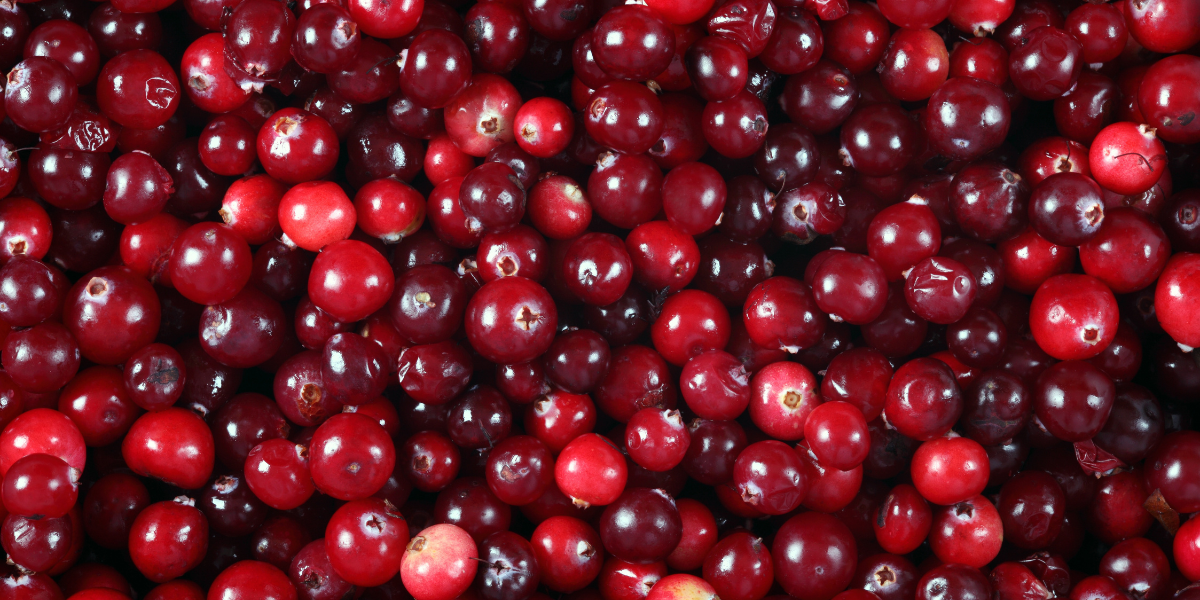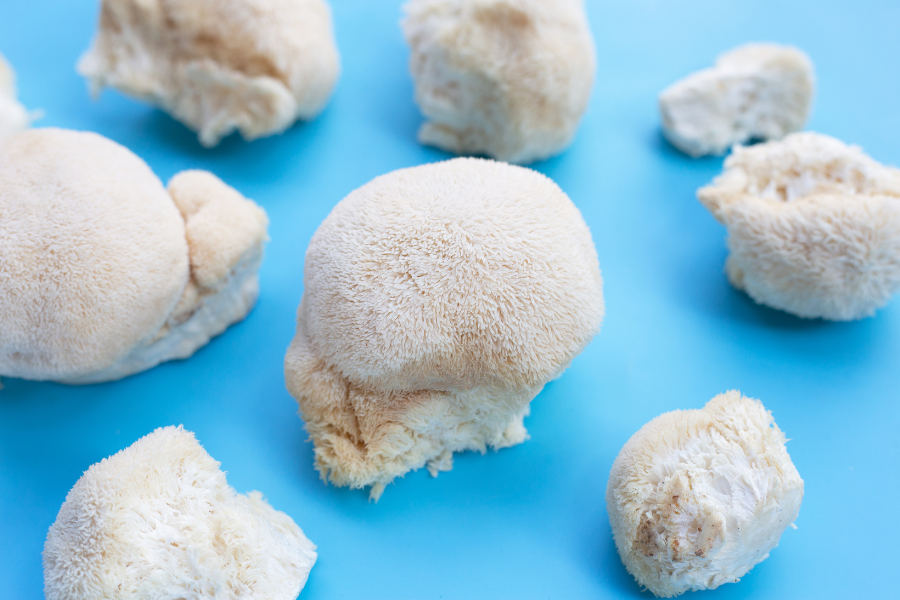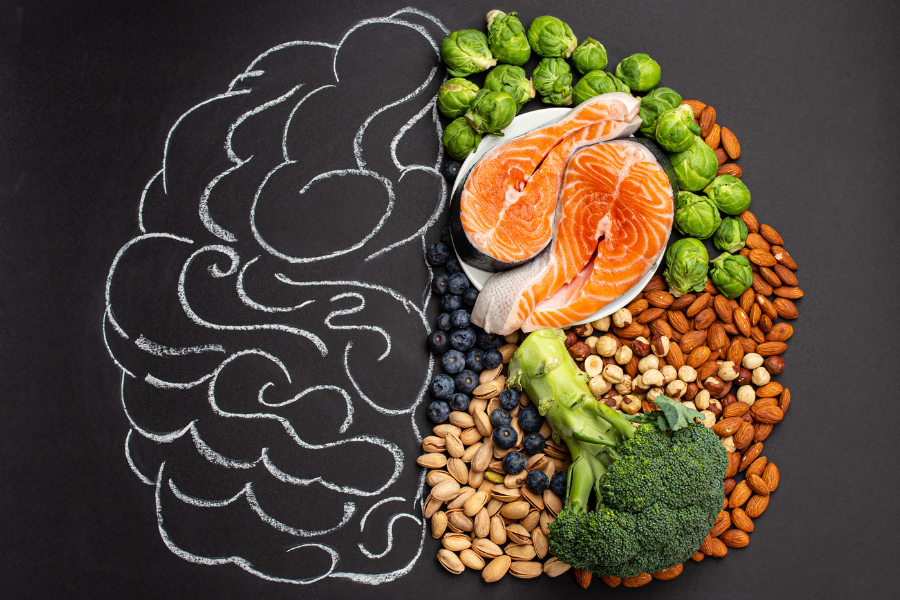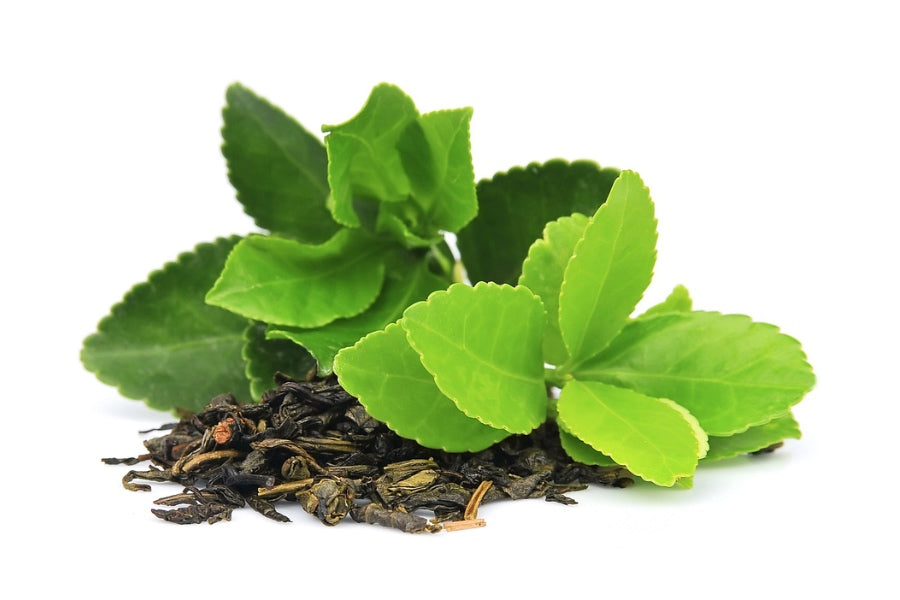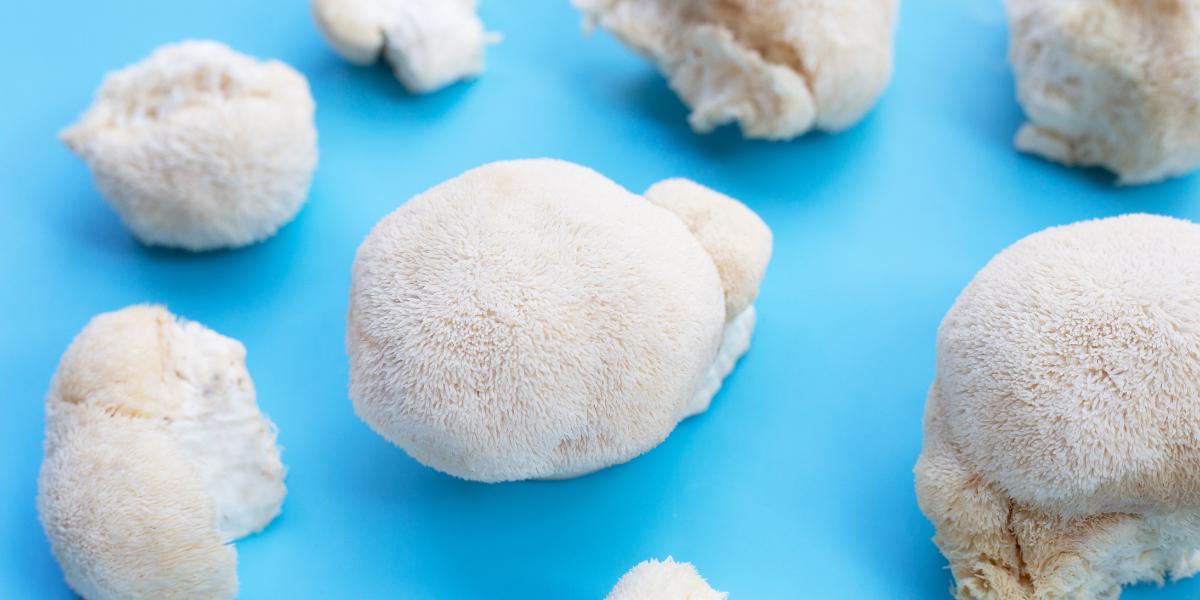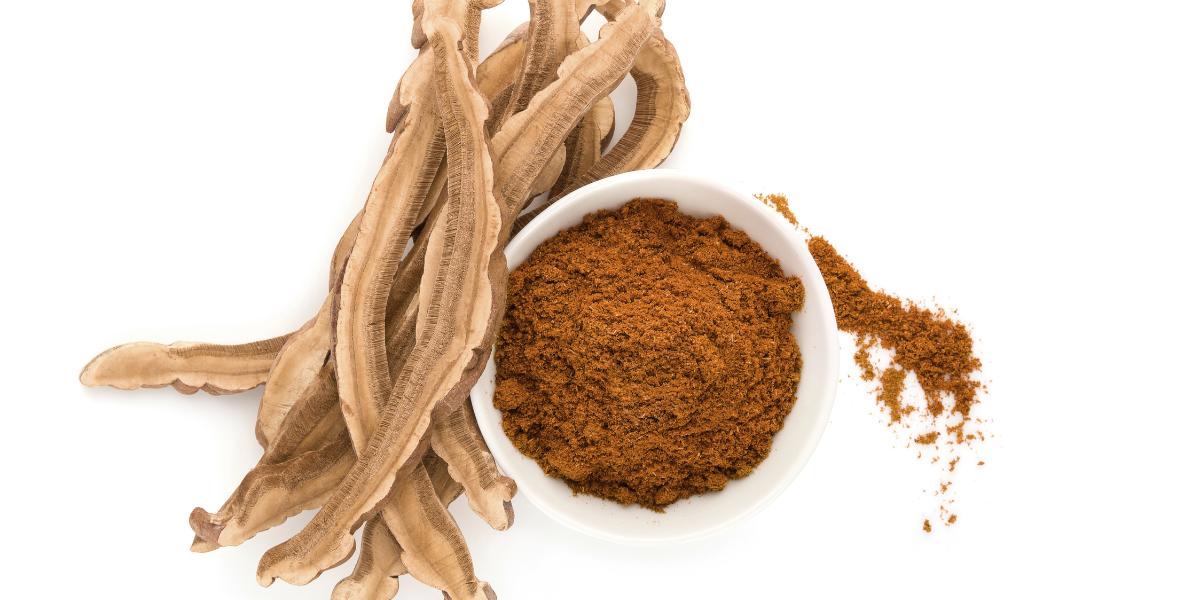Cranberries and women’s well-being
Cranberries are small, tart fruits that have been utilized as both food for centuries. Native to North America, these deep red berries were a staple in the diet and healing practices of various indigenous tribes. With the passage of time, cranberries have evolved from being a hand-picked wild fruit to a globally cultivated agricultural product. Today, they are celebrated for their unique flavor and rich antioxidant content, finding their way into a variety of dishes and supplements. They are notably known for promoting overall women's well-being.
What are the main nutrients in cranberries?
Cranberries provide an impressive nutritional profile, providing key nutrients that support our health. Here is what one cup of whole cranberries will provide, based on the USDA Food Database Website:
- 46 calories
- 0.5 grams protein
- 12 grams carbohydrate
- 3.6 grams fiber
- 4 grams sugar
- 8 mg calcium
- 6 mg magnesium
- 14 mg vitamin C
They also contain a high concentration of phenolic compounds, including flavonoids and anthocyanins, which are known for their antioxidant properties. Despite their small size, cranberries make a substantial contribution to our overall health and wellbeing.
What Are the Benefits of Cranberries for Women and Girls?
Including cranberries in your diet can offer some impressive benefits, especially for women and girls. Here are some benefits that may be linked to these tiny ruby-red powerhouses:
- May support women during postmenopausal period
- May reduce signs of aging
- Immune-friendly
- May help alleviate PMS symptoms
- Gut-friendly
May support women during postmenopausal period
Cranberries have been linked to promoting postmenopausal wellness. Postmenopause brings along a set of challenges largely due to the decline in estrogen levels. Cranberries, with their rich antioxidant content, may help manage these risks. However, more research is needed to confirm these benefits. Therefore, while cranberries should not be viewed as a cure-all, their inclusion in the diet can be part of a holistic approach to well-being during postmenopause.
May reduce signs of aging
The impact of cranberries on signs of aging is another area where these nutrient-dense berries show potential benefits. The high antioxidant content of cranberries may play a role in countering the damaging effects of free radicals, which are often associated with aging. Free radicals can cause oxidative stress, leading to premature signs of aging such as wrinkles, fine lines, and age spots. Antioxidants in cranberries, particularly Vitamin C and phenolic compounds, help neutralize these free radicals, potentially slowing down the aging process. Furthermore, Vitamin C in cranberries supports collagen production, a protein vital for skin elasticity and firmness.
Immune-Friendly
Cranberries are also recognized for their potential role in boosting immune functions. They are rich in Vitamin C, a crucial nutrient that stimulates the production of white blood cells, the body's first line of defense. Include cranberries as a part of a varied, nutrient-rich diet, complemented by other lifestyle factors such as regular exercise, sufficient sleep, and stress management for a comprehensive approach to immune health.
May help alleviate PMS symptoms
Cranberries may have beneficial effects on premenstrual syndrome (PMS) symptoms. The various vitamins and minerals found in cranberries, including vitamin C, vitamin E, and magnesium, have been linked to reducing both the physical and emotional symptoms associated with PMS. For instance, these nutrients may help alleviate cramps, bloating, and mood swings that often accompany this menstrual phase. However, it's vital to mention that while cranberries can contribute to easing PMS symptoms, they are not a cure-all. For severe symptoms, it's always advisable to seek medical advice.
Gut-Friendly
Cranberries are also beneficial for digestive health, primarily due to their high fiber content and unique phytochemical composition. Dietary fiber contributes to healthy digestion by adding bulk to stools and promoting regular bowel movements. Moreover, fiber aids in maintaining a healthy balance of gut flora, which is integral to overall digestive health. However, as with all aspects of health, cranberries should be incorporated as part of a balanced diet and not relied on as a singular remedy for digestive issues.
Best way to add cranberry to your diet
There are many ways to include cranberries in your diet. Here are some popular options to consider:
- Fresh Cranberries: Enjoy fresh cranberries as part of a fruit salad or as a snack on their own. They offer a unique, tangy flavor, and contain the highest levels of beneficial nutrients.
- Cranberry Juice: Ensure it's 100% cranberry juice without added sugars. This can be a refreshing drink and a good source of hydration.
- Cranberry Sauce: Often served alongside savory dishes, cranberry sauce can provide a sweet and tart balance. It's a classic at holiday meals but can be enjoyed year-round.
- Dried Cranberries: These can be added to cereals, salads, or baked goods for a sweet-tart flavor boost. Watch for added sugar in many commercially available dried cranberries.
- Cranberry Supplements: For those who prefer not to consume cranberries in their whole form, cranberry supplements can be a convenient alternative. Always consult a healthcare provider before starting a supplement regimen.
- Cranberry Smoothies: Cranberries can be a great addition to your morning or post-workout smoothies.
- Cranberry Baked Goods: Cranberries can be a wonderful addition to a variety of baked goods, including bread, muffins, and cookies. Their tart flavor can balance out the sweetness of these treats, and they also provide a pop of color. Just remember to adjust the amount of sugar in your recipe, as cranberries tend to be quite tart. Alternatively, opt for recipes that specifically call for cranberries, as they will have already taken this into account.
- Healthy Cranberry Beverages: There are some healthy beverages that use cranberry as an ingredient. Moment’s Cranberry Ginger beverage is made with real cranberry juice to provide a boost of this berry to this satisfying beverage.
Bottom Line
Cranberry is a popular fruit that offers a tart taste and a slew of benefits. Among the many fruits out there, women should make a point to include cranberries in their diet frequently to reap all of the potential benefits this impressive berry can offer.
